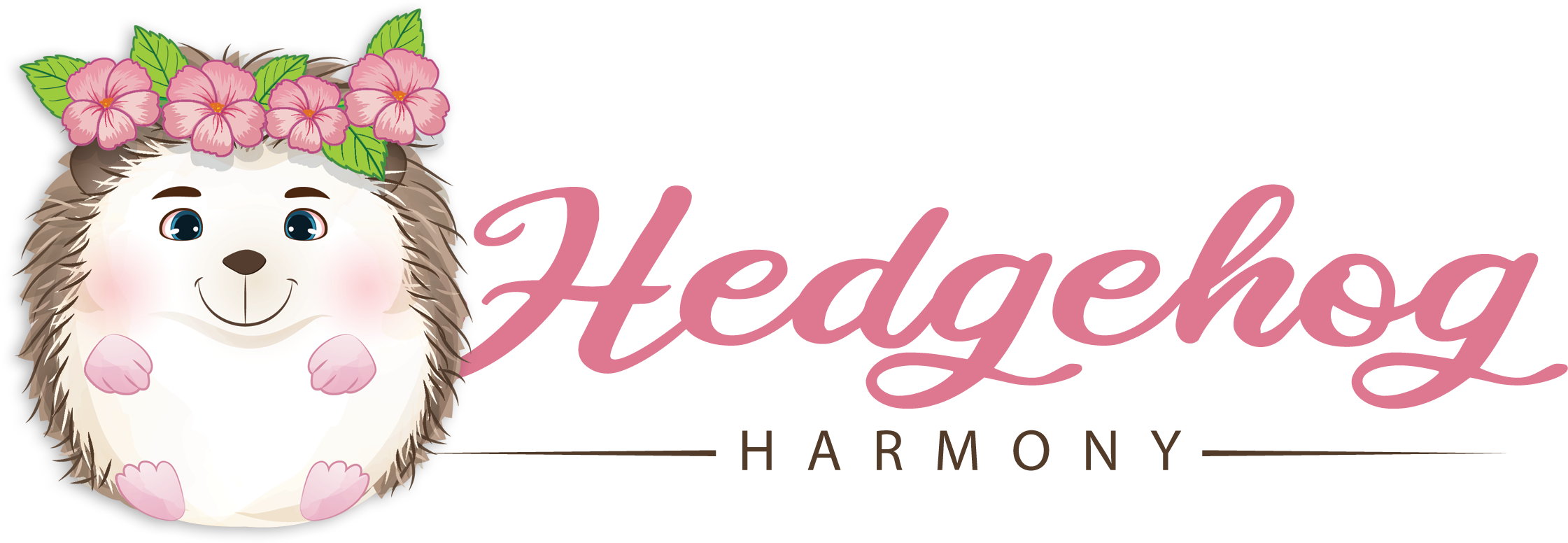These cuties are widely recognized as your potential ally in the garden since they’re natural hunters that like to go after smaller animals crawling there.
Still, that doesn’t mean they don’t want some nice, tasty treats from time to time. They’re opportunistic eaters which is why they’ll scarf down most of the foods you place in front of them.
Today we’ll talk more about things they usually eat, their primary diet, and some delicious snacks they can enjoy after their meal, too. We’ll also talk about nuts and if it’s good to add them to their diet.
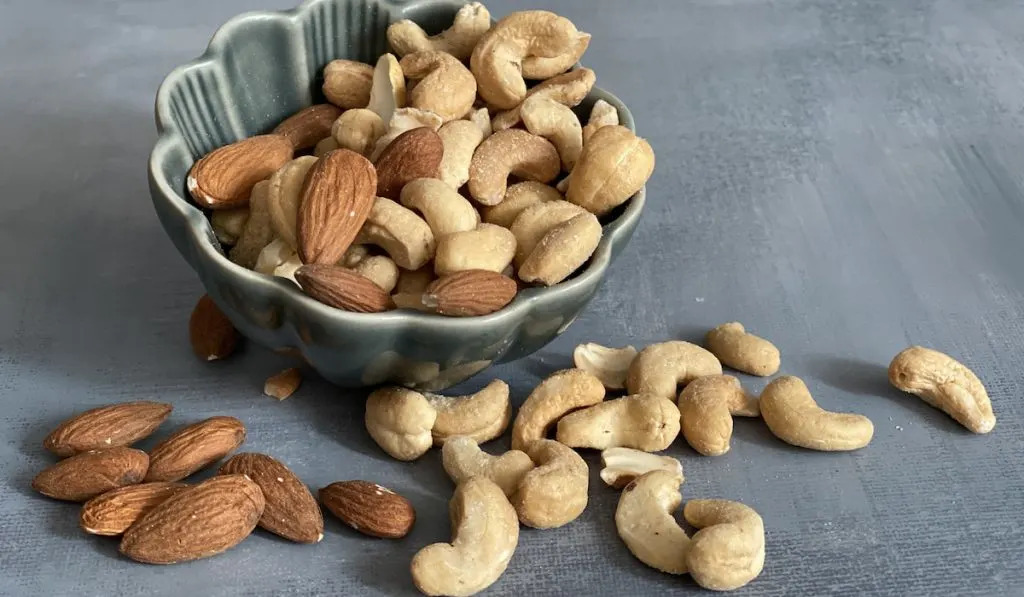
What Do Hedgehogs Eat In General?
Hedgehogs are quite simple animals that feed on a wide variety of things, but their diet mostly consists of invertebrates and insects. So if you have a garden with slugs, worms, beetles, earwigs, caterpillars, millipedes, or other similar creatures, you already gave your hedgie the best buffet ever.
Hedgehogs are natural hunters which is why they are likely to go after carrions, birds’ eggs, baby rodents, and frogs. You’ll notice they usually eat during the night – since they’re nocturnal animals, that’s the time when they mostly hunt too.
As you can see, their natural diet primarily consists of things that are high in protein and low in fat. This is the first thing to keep in mind when it comes to providing them with foods that will meet their basic nutritive needs.
For instance, when you’re preparing a serving for your hedgie, you should replicate its natural diet by combining some meat-based cat and dog food together with a mixture specifically intended for hedgehogs.
Still, that doesn’t mean they’ll say no to a good snack.
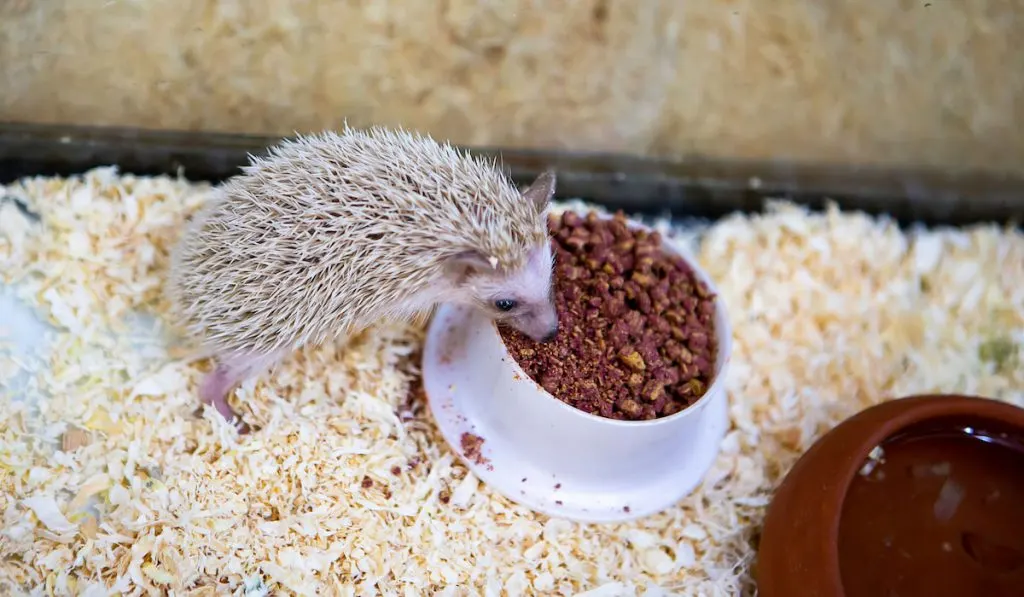
Can Hedgehogs Eat Nuts?
Nuts are an excellent source of protein, fiber, vitamins, and minerals, but they’re also quite fatty. This can be highly beneficial for your hedgie’s health – but also quite destructive if consumed in bigger amounts. As we have mentioned before, hedgehogs need a diet that’s mostly low in fats.
Considering how fatty nuts really are, you want to avoid giving them to your hedgie in large amounts.
They can eat them in smaller amounts from time to time or as a casual snack after the main meal. Ideally, nuts will be crushed so your pet doesn’t choke on them.
Still, it’s not an inevitable part of their diet which is why it’s really not necessary to add them.
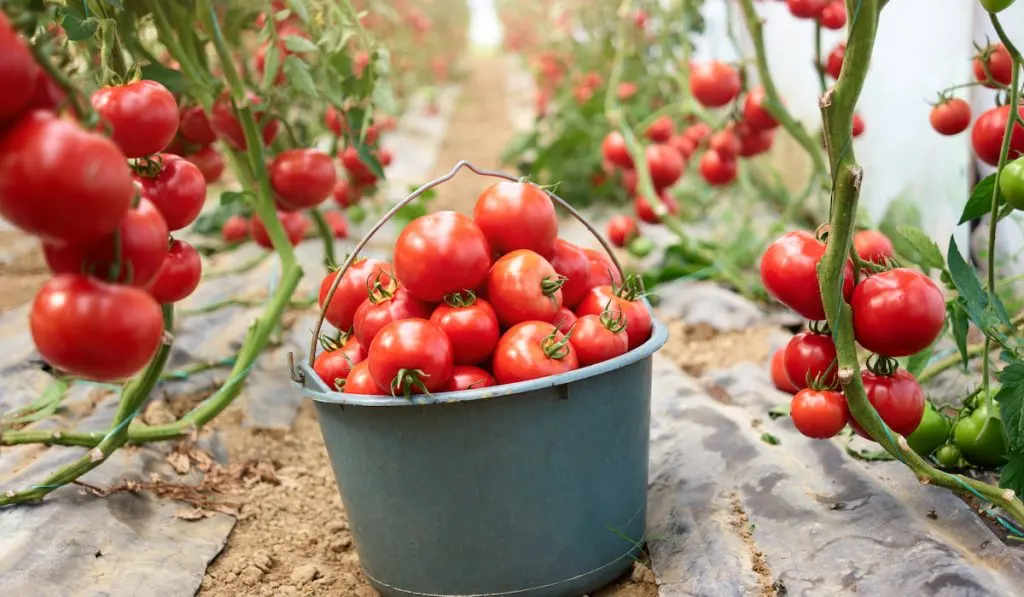
What About Some Other Treats?
They can consume certain types of fruits such as different types of berries (blackberries, blueberries, raspberries, strawberries, currants, cowberries, goji berries, acai berries) and other fruits such as figs, papaya, cantaloupe, nectarines, apples, bananas, pears, kiwi, watermelon, cherries, peaches, avocado, mango, and melon.
Keep in mind fruits are higher in sugar and they are not a part of hedgehog’s primary diet, which is why your pet should get these snacks in smaller amounts from time to time.
They can also occasionally get some small portions of vegetables too. For instance, you can give them fresh green beans, tomatoes, or some green leafy veggies.
Hedgehogs are generally animals that really don’t eat that much. They will try out a wide variety of things you put in front of them, but the overall amount of food they eat through the day is measured by tablespoons.
So, with this in mind, whichever treat you decide to give them really should remain in smaller amounts.
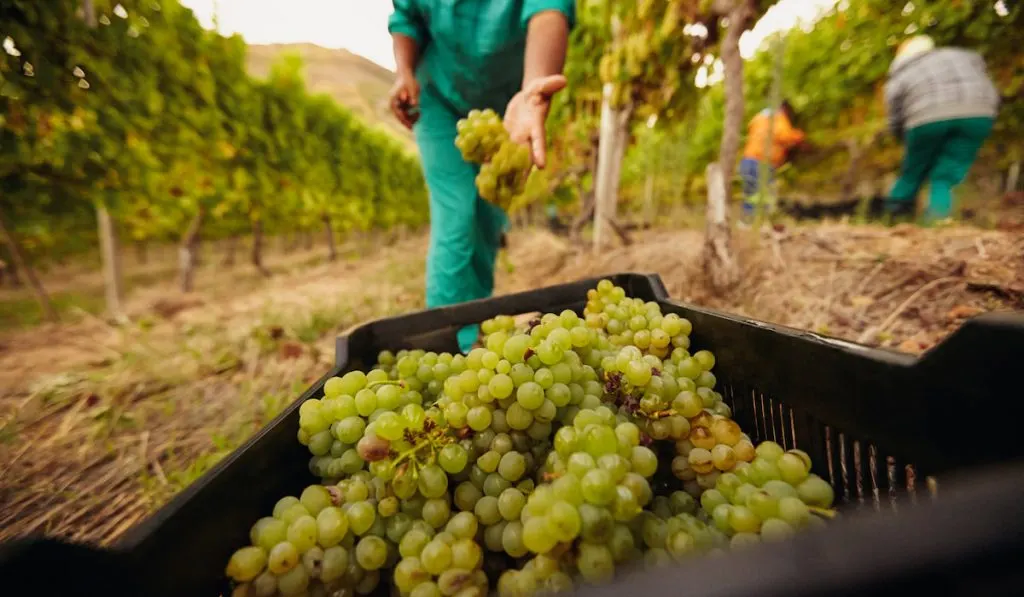
What Are The Things Hedgehogs Shouldn’t Eat?
Your pet shouldn’t eat citrus fruits such as limes, lemon, or oranges. You should also avoid giving it raisins and pineapple. Grapes are on the ‘no’ list too; it’s a fruit rather toxic to hedgehogs and it can lead to bigger health issues even when your pet eats it in small amounts.
You should keep starchy vegetables (potatoes, carrots, corn, etc.) away from them as well.
Also avoid giving them dairy products. These animals are lactose intolerant, which is why milk or cheese are definitely not the best choices for them.
Make sure any fruit you give to your hedgehog is fresh and not dried. Dried fruits are harder to chew and they can get stuck in their throats.
Some Final Words
Hedgehogs are natural hunters and quite curious animals that will try most foods you provide them with.
Their primary diet consists of insects and other small crawling animals they often found in the wild or in the garden. That means they naturally eat foods that are high in protein and low in fats most of the time.
Apart from their main diet, you can treat them with some tasty snacks like fruits, vegetables, or even nuts. However, keep it in smaller amounts.
Nuts are fatty foods and hedgehogs generally don’t need them in their diet – but you can provide them as an occasional treat. Don’t forget to crush the nuts, so your pet doesn’t choke on them.
Resources:
- https://www.hedgehogworld.com/what-do-hedgehogs-eat/
- https://www.hedgehogstreet.org/about-hedgehogs/diet/
- https://www.healthline.com/nutrition/9-healthy-nuts#TOC_TITLE_HDR_2
- https://www.hornbeamwood.org.uk/post/what-to-feed-british-hedgehogs
- https://www.hedgehogcare101.com/hedgehog-food-list/
- https://smallpetsite.com/can-hedgehogs-eat-fruits-berries/
- https://www.thesprucepets.com/what-do-hedgehogs-eat-4588705#
